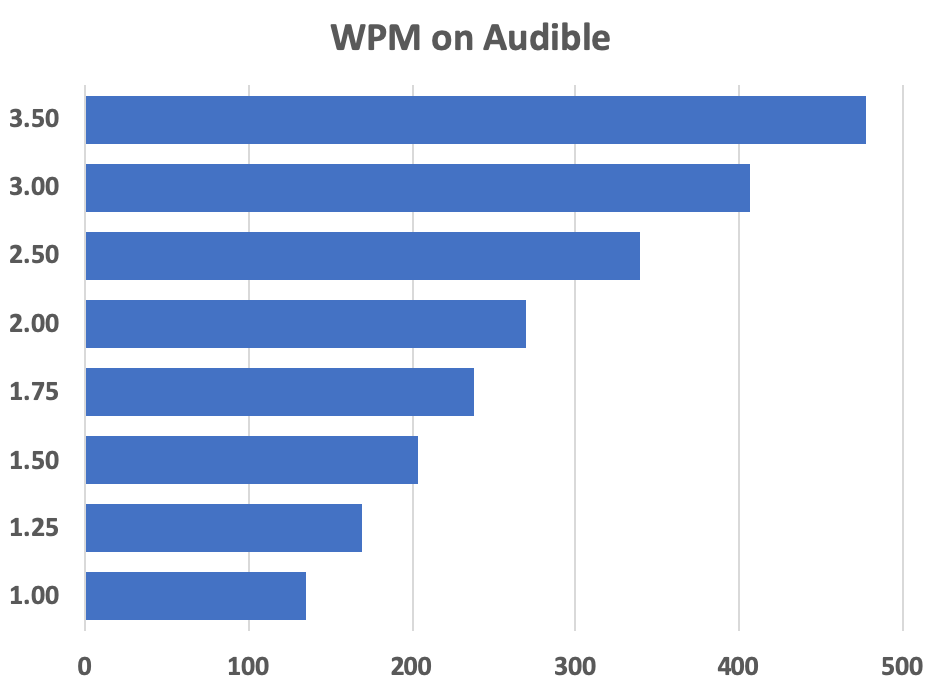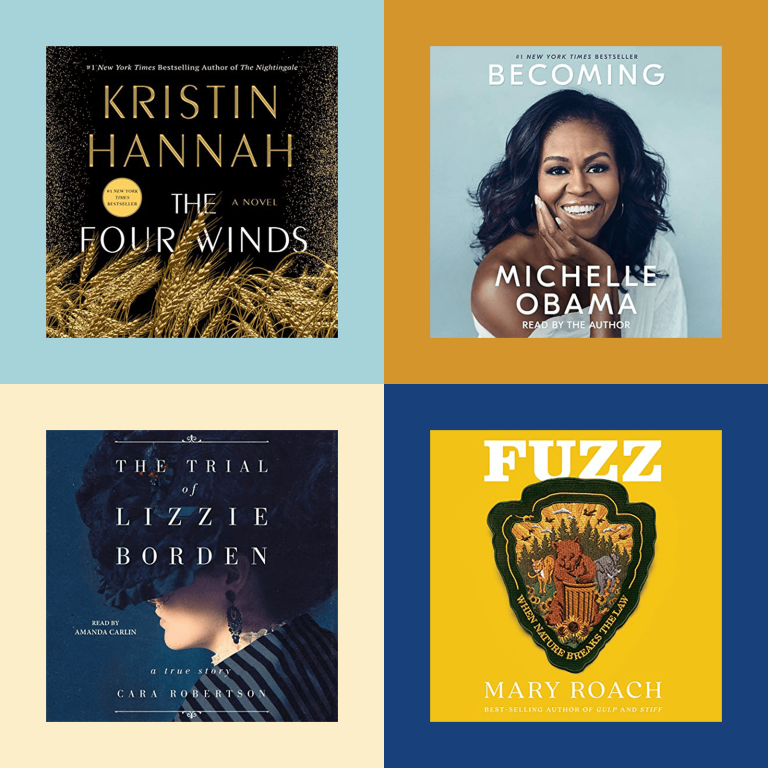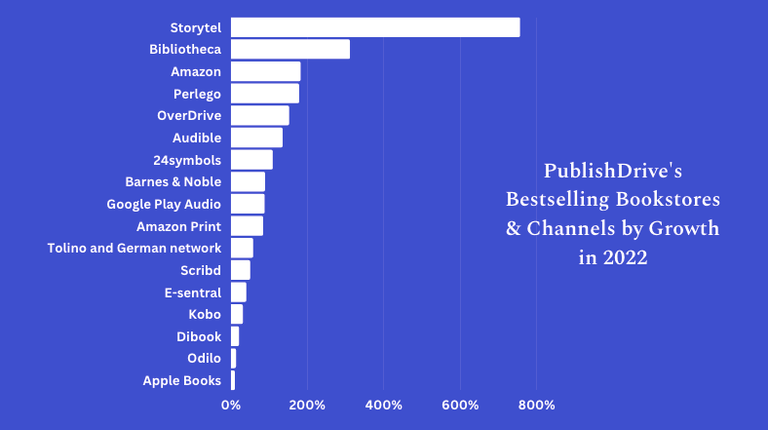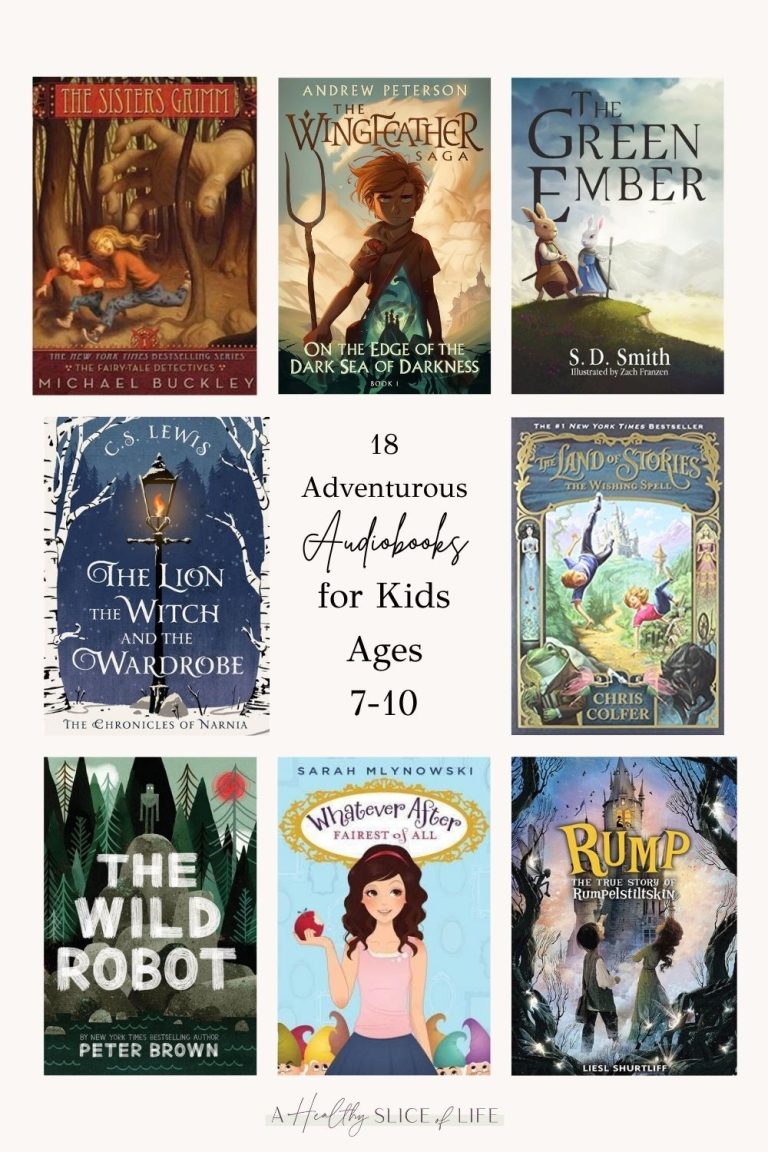Are Audiobooks Faster Than Reading?
If you’ve ever found yourself in a race against time to finish a book, you might have wondered: “Are audiobooks faster than reading?” It’s a valid question, and one that many book lovers have pondered. After all, with the rise in popularity of audiobooks, it’s important to know if they can help you devour those pages at lightning speed. So, in this article, we’ll dive into the world of audiobooks and reading to determine which method reigns supreme in the race against time.
When it comes to the speed of consuming a book, audiobooks offer a unique advantage. With a narrator guiding you through the story, you can sit back, relax, and let the words wash over you. No need to strain your eyes or get lost in the maze of words on a page. Audiobooks allow you to multitask, whether it’s commuting to work, doing household chores, or even going for a run. Plus, with the ability to adjust the playback speed, you can customize the pace to suit your preferences. So, are audiobooks faster than reading? Let’s find out!

Are Audiobooks Faster Than Reading?
Audiobooks have become increasingly popular in recent years, providing an alternative way to enjoy books. With the rise of audiobook platforms and the convenience they offer, many people wonder if listening to audiobooks is faster than reading. In this article, we will explore the pros and cons of audiobooks compared to traditional reading and determine whether audiobooks truly offer a faster reading experience.
The Benefits of Audiobooks
Listening to audiobooks offers several advantages over traditional reading. Firstly, audiobooks allow for multitasking. You can listen to an audiobook while doing household chores, exercising, or commuting, making it a more efficient use of your time. Additionally, audiobooks can be a great option for individuals with visual impairments or those who struggle with reading difficulties, as they provide an accessible way to enjoy books. Furthermore, audiobooks often feature professional narrators who bring the story to life, adding an extra layer of immersion and enjoyment.
The Benefits of Reading
On the other hand, reading a physical book or an e-book has its own set of benefits. Reading allows you to set your own pace and gives you the freedom to pause and reflect on the information presented. It also promotes better focus and concentration, as you are solely engaged in the act of reading. Additionally, reading enhances vocabulary and comprehension skills, as you actively process the words and visualize the story in your mind.
Comparing the Speed of Audiobooks and Reading
When it comes to speed, there is no definitive answer as to whether audiobooks are faster than reading. It largely depends on individual preferences and circumstances. Some people find that they can absorb information more quickly through listening, while others may prefer the visual engagement of reading. Additionally, the speed at which an audiobook is narrated can affect the overall pace of the story. Some individuals may find it helpful to increase the playback speed for a faster listening experience, while others may prefer a slower pace to fully savor the details.
Tips for Maximizing Speed
If you’re looking to optimize your reading speed, whether through audiobooks or traditional reading, here are a few tips to consider. Firstly, choose books that align with your interests and captivate your attention. When you’re genuinely engaged in the material, you’re more likely to read or listen at a faster pace. Additionally, eliminating distractions and finding a comfortable reading environment can help you maintain focus and absorb information more efficiently. Finally, consider experimenting with different formats, such as e-books or audiobooks, to see which method allows you to consume content at a faster rate.
The Role of Comprehension
While speed is an important factor to consider, it is equally crucial to prioritize comprehension. Simply rushing through a book or an audiobook without fully understanding the content diminishes the overall reading experience. Take the time to reflect on the material, ask questions, and engage with the story or concepts presented. Ultimately, the goal is to find a balance between speed and comprehension to fully appreciate the content.
Conclusion
In conclusion, whether audiobooks are faster than reading depends on various factors, including personal preference and circumstances. Audiobooks offer the convenience of multitasking and accessibility, while reading allows for individual pacing and deeper engagement. The key is to find the method that works best for you and maximizes both speed and comprehension. So, whether you choose to listen to an audiobook or dive into a physical book, the most important thing is to enjoy the journey of storytelling and knowledge acquisition. Happy reading (or listening)!
Additional H2 Heading: The Pros and Cons of Audiobooks
Audiobooks have gained popularity for their convenience and accessibility, but they also come with their own set of pros and cons. Let’s explore the advantages and disadvantages of audiobooks in more detail.
The Pros of Audiobooks
1. Multitasking: Audiobooks allow you to enjoy a book while engaging in other activities, such as exercising or commuting.
2. Accessibility: Audiobooks provide an accessible format for individuals with visual impairments or reading difficulties.
3. Professional Narration: Many audiobooks feature talented narrators who bring the story to life, enhancing the overall listening experience.
4. Immersion: Listening to an audiobook can be a more immersive experience, as the narrator’s voice adds depth and emotion to the story.
The Cons of Audiobooks
1. Speed: Some individuals may find that the pace of an audiobook is slower than their own reading speed, leading to potential frustration.
2. Distractions: Background noise or interruptions can disrupt the listening experience and impact comprehension.
3. Retention: Some studies suggest that reading, as opposed to listening, may aid in better information retention and memory recall.
4. Limited Engagement: Audiobooks may not provide the same level of visual engagement and imagination as reading a physical book.
Conclusion
While audiobooks offer convenience and accessibility, they may not be the ideal choice for everyone. It ultimately comes down to personal preference and the specific circumstances in which you plan to engage with a book. Consider the pros and cons outlined above to determine whether audiobooks are the right fit for your reading preferences. Happy listening (or reading)!
Key Takeaways: Are audiobooks faster than reading?
- Audiobooks can be faster than reading because you can listen to them at a faster playback speed.
- Listening to audiobooks allows you to multitask, like exercising or doing chores, while still enjoying a book.
- Reading requires more focus and concentration, while audiobooks can be more passive and require less effort.
- Some people may retain information better when reading, while others may absorb more through listening.
- Choosing between audiobooks and reading depends on personal preference and the specific situation.
Frequently Asked Questions
Are you curious to know if audiobooks are faster than reading? Here are the answers to some common questions about the speed of audiobooks compared to reading.
1. Are audiobooks faster than reading in terms of speed?
Yes, audiobooks are generally faster than reading in terms of speed. When you listen to an audiobook, the narrator sets the pace, which is usually faster than the speed at which most people read. This can help you cover more content in a shorter amount of time. However, it’s important to note that the actual speed at which you consume the content may vary based on your personal listening speed and the narration speed of the audiobook.
Additionally, some people may find it easier to concentrate and stay focused while listening to an audiobook, which can also contribute to a faster reading experience compared to traditional reading.
2. Are there any factors that may affect the speed of audiobooks?
Yes, there are several factors that may affect the speed at which you consume audiobooks. Firstly, the narration speed of the audiobook can have a significant impact. Some narrators may speak at a faster pace, while others may have a slower tempo. It’s important to find a narrator whose speed aligns with your preferred listening speed.
In addition, the genre of the audiobook can also influence the speed at which you listen to it. Non-fiction audiobooks that are packed with information may require a slower listening speed to fully grasp the content, while fiction audiobooks may be enjoyed at a faster pace.
3. Can audiobooks be faster than reading in terms of comprehension?
While audiobooks may be faster in terms of speed, reading a physical book allows for a deeper level of comprehension. When you read, you can pause, re-read, or reflect on a particular sentence or paragraph that you find interesting or challenging. This level of control is not present in audiobooks, where the narration continues at a steady pace.
However, it’s worth mentioning that some people may have better auditory processing skills and find it easier to comprehend and retain information when listening to audiobooks. Ultimately, the level of comprehension may vary depending on the individual and their preferred learning style.
4. Are there any tips to make audiobooks faster?
If you want to make the most out of your audiobook experience and potentially increase the speed at which you consume the content, there are a few tips you can try. Firstly, you can experiment with increasing the playback speed of the audiobook. Most audiobook apps or platforms provide the option to adjust the speed, allowing you to listen at a faster tempo.
Another tip is to choose audiobooks that are narrated by professional voice actors or authors themselves. Their narration style and tone can significantly impact your engagement and speed of listening. Additionally, selecting audiobooks that match your interests and genres can help you stay engaged and motivated, which may lead to a faster reading experience.
5. Is it better to read or listen to audiobooks for faster comprehension?
The choice between reading and listening to audiobooks for faster comprehension depends on individual preferences and learning styles. Some people may find reading to be more effective for absorbing information and comprehending complex concepts, as it allows for more control and interaction with the text.
On the other hand, audiobooks can be a great option for those who prefer auditory learning or have busy schedules that limit their reading time. While audiobooks may be faster in terms of speed, it’s important to consider your own learning style and prioritize comprehension over speed when choosing the format that works best for you.
Audiobooks vs Reading: Which is better?
Final Summary: Are Audiobooks Faster Than Reading?
So, are audiobooks faster than reading? Well, the answer is not as clear-cut as you might think. While audiobooks can certainly offer a faster pace of consuming content, there are other factors to consider.
Firstly, let’s talk about speed. With audiobooks, you can listen to them at a faster playback speed, allowing you to cover more material in less time. This can be especially useful if you’re a fast listener or if you’re trying to maximize your productivity while on the go. However, it’s important to note that reading speed varies from person to person. Some people are naturally speedy readers, while others prefer to take their time and savor each word. So, in terms of raw speed, it really depends on the individual.
Another factor to consider is comprehension. While listening to audiobooks, it’s easy for your mind to wander or get distracted, which can affect your understanding of the content. On the other hand, when reading, you have the ability to go back and reread sentences or paragraphs to ensure comprehension. Additionally, reading allows for a deeper engagement with the text, as you can visualize the scenes and characters in your own unique way.
In conclusion, audiobooks can be a great option for those who want to consume content quickly and efficiently. However, they may not be the best choice for everyone, especially those who prefer a more immersive and interactive reading experience. Ultimately, the choice between audiobooks and reading comes down to personal preference and the specific circumstances in which you find yourself. So, whether you prefer to listen or read, the most important thing is to enjoy the journey and let the words transport you to new worlds of imagination.





